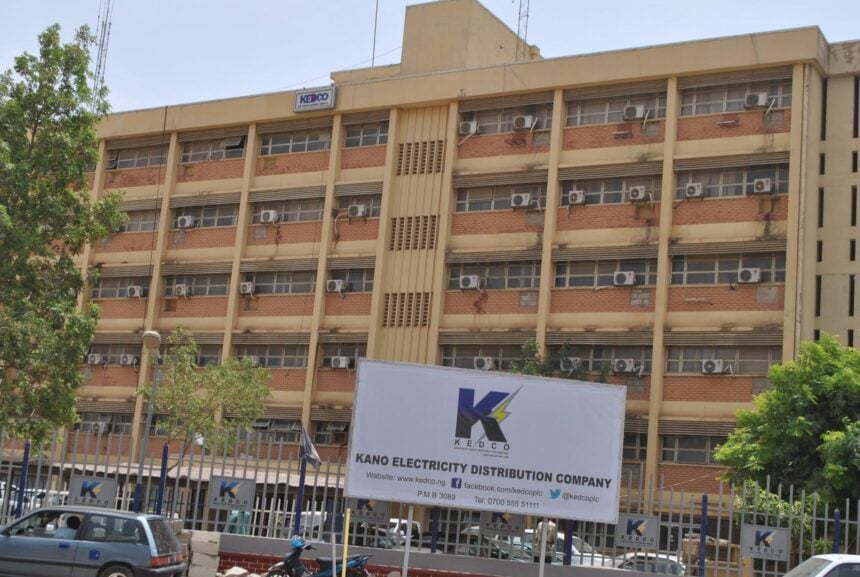The National Insurance Commission (NAICOM) has entered into an agreement with the Minister of Interior, Dr. Olubunmi Tunji-Ojo, to tackle travel insurance and related issues in Nigeria. The pact aims to alleviate the financial burden on taxpayers and enhance the country’s economic stability.
During a courtesy visit to the Interior Minister’s office in Abuja, the Commissioner for Insurance, Olusegun Ayo Omosehin, signed the agreement. A key aspect of the agreement is the implementation of travel insurance to cover repatriation expenses for individuals entering Nigeria on short-stay visas. This move is expected to mitigate the significant taxpayer expenses related to repatriation, which are estimated to be in the billions of naira annually.
The interior minister and insurance commissioner emphasized the need for the government to transfer certain liabilities to insurance companies, creating more efficient and cost-effective mechanisms for managing national risks. This approach is expected to drive growth and development in the insurance sector. To achieve this, a technical working group will be established to explore the feasibility of a comprehensive travel/repatriation insurance policy, develop a centralized material management system, and facilitate inter-agency data synchronization.
The working group will drive the implementation of these initiatives and ensure their successful rollout. NAICOM reaffirmed its commitment to monitoring insurance operators through a sophisticated solvency control and intervention framework, ensuring financial stability and protecting consumer interests. Additionally, a critical initiative was proposed to enhance data verification processes, with the National Identity Management Commission (NIMC) playing a central role in creating a robust, single-source verification system for the insurance sector.
This move is expected to significantly reduce fraud and enhance the overall efficiency of the insurance industry. The agreement marks a significant step towards addressing the challenges facing the insurance sector in Nigeria and promoting economic stability. With the establishment of the technical working group and the implementation of the proposed initiatives, the country can expect to see improvements in the management of national risks and the growth of the insurance sector. The successful rollout of these initiatives will have a positive impact on the economy and contribute to the country’s overall development.



